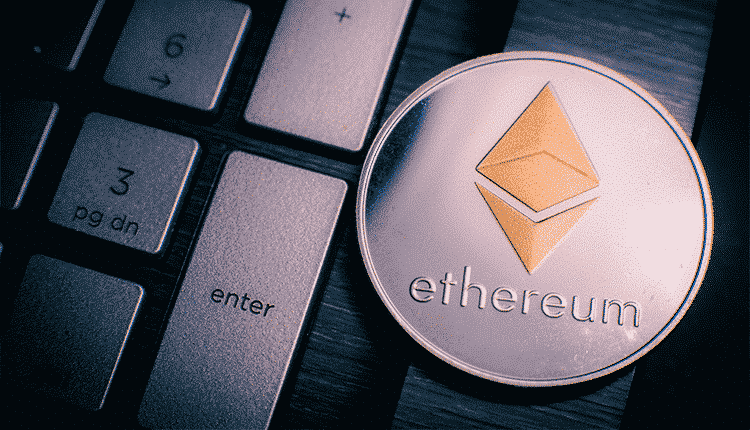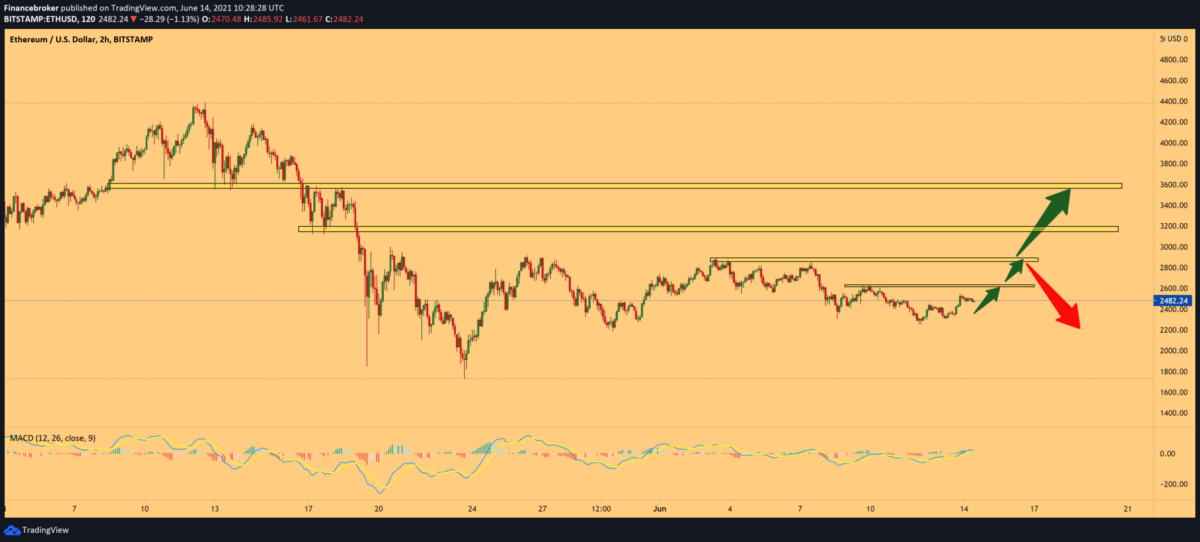
Ethereum and DeFi a common future
Decentralized finances came to life with the founding of Ethereum in 2013. However, it truly hit the ground in 2016-2017, with the support of Ethereum developers and some entrepreneurs and experts in the field of financial investments. To correctly establish our facts and clarify all misconceptions, Defi encapsulates various financial applications in cryptocurrency or blockchain to eliminate intermediaries between the parties in financial transactions. DeFi applications are built on Ethereum. The first big and biggest application of DeFi is MakerDAO, founded by Rune Christensen. In short, Ethereum is an open-source platform that uses blockchain technology to create and run decentralized digital applications. DeFi is a fast-growing ecosystem, as an exciting new concept of blockchain-based financial products that seek to replicate or expand the capabilities of traditional financial institutions – such as banks, payment processors, clearinghouses, and more. DeFi is presented as a solution to the problems faced by traditional banking and financial institutions and shows how it can eventually replace the old system in real-time. Regardless of the technology or platform used, DeFi systems are designed to eliminate intermediaries between the parties.
The volume of trading in tokens and money locked in smart contracts in its ecosystem is growing exponentially, proving that this concept will stay here. According to DeBank, there is about $ 60.5 billion in net worth currently locked in Defi. DeFi provides an affordable approach to managing financial transactions. As the name suggests, state jurisdictions and changes in centralized financial institutions do not apply to it. This eliminates dependence on third parties, giving users complete control over their transactions and at the same time allowing them to remain anonymous, as all transactions are executed through smart blockchain contracts. Transactions and trading of cryptocurrencies can be performed from any location because it provides financial inclusion. U.S. financial regulations presuppose the presence of intermediaries and apply regulations to intermediaries as a way to comprehensively regulate financial markets and related activities. As a result, regulators and policymakers may find that DeFi can take them to unexplored territory, which has yet to be tested.
There are no two ways for DeFi to emerge today as an important player in the financial vault. It is not about new toys that speculators can play with, nor about providing more sophisticated financial tools for those who prefer to keep their wealth out of the control of centralized authorities. DeFi has the potential to be much more than this. Still, the key to achieving a really deep impact will be to extend DeFi beyond BTC and ETH to a wider range of cryptocurrencies with lower liquidity.

-
Support
-
Platform
-
Spread
-
Trading Instrument




